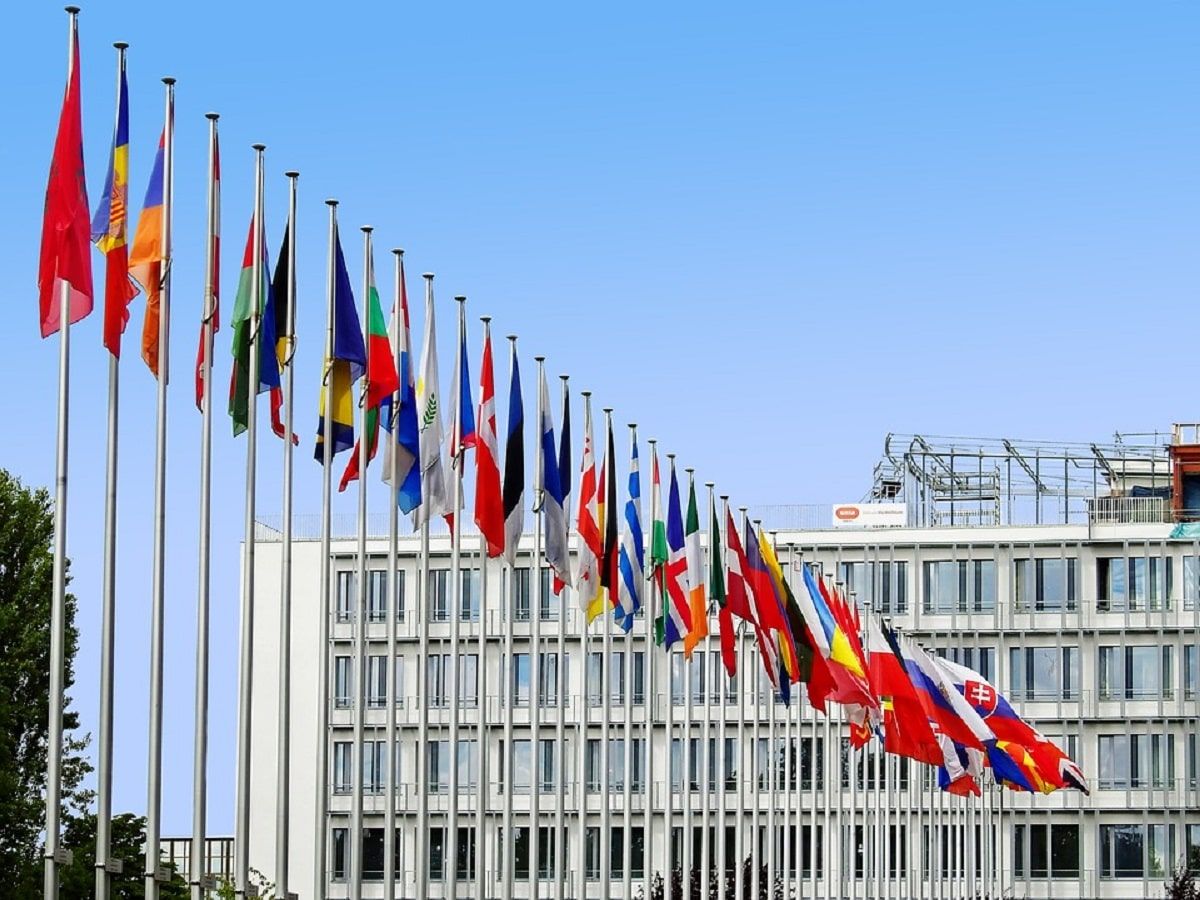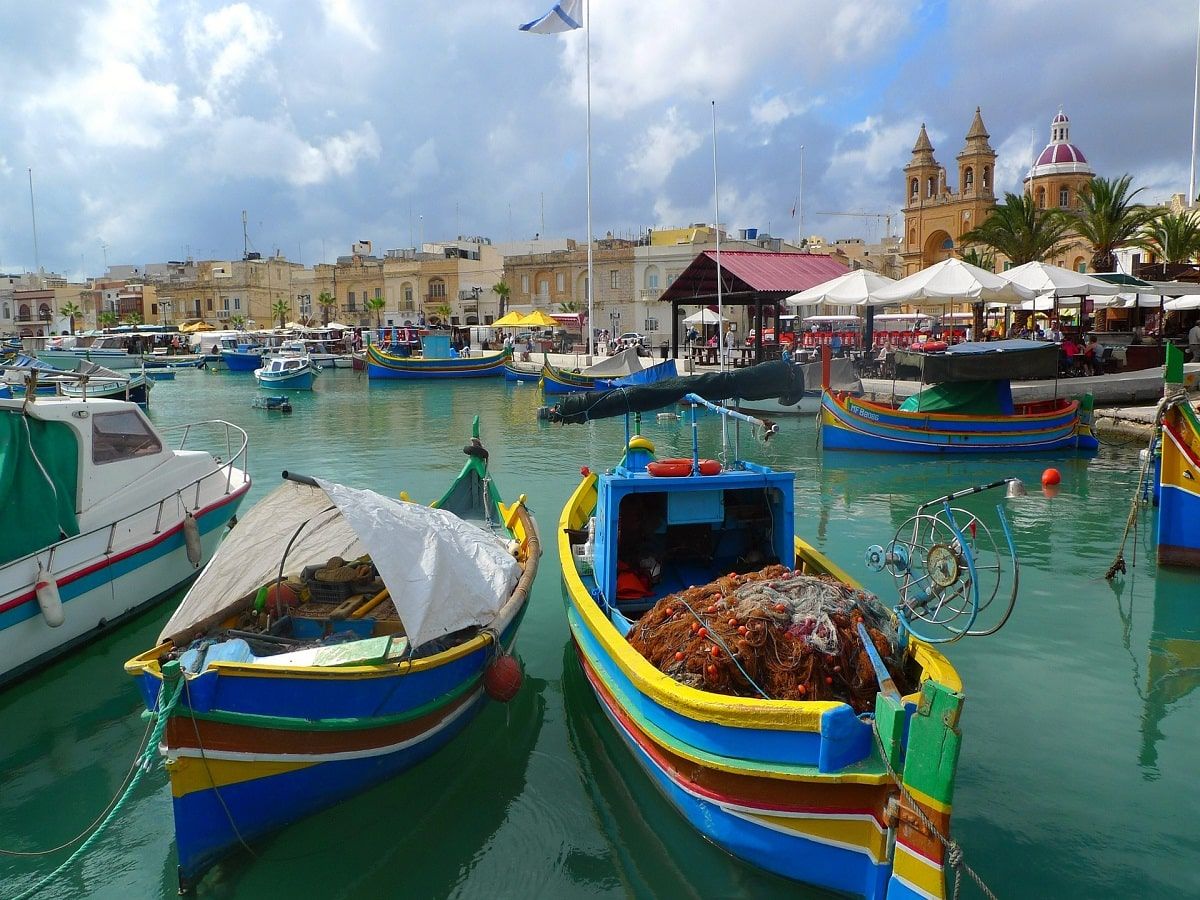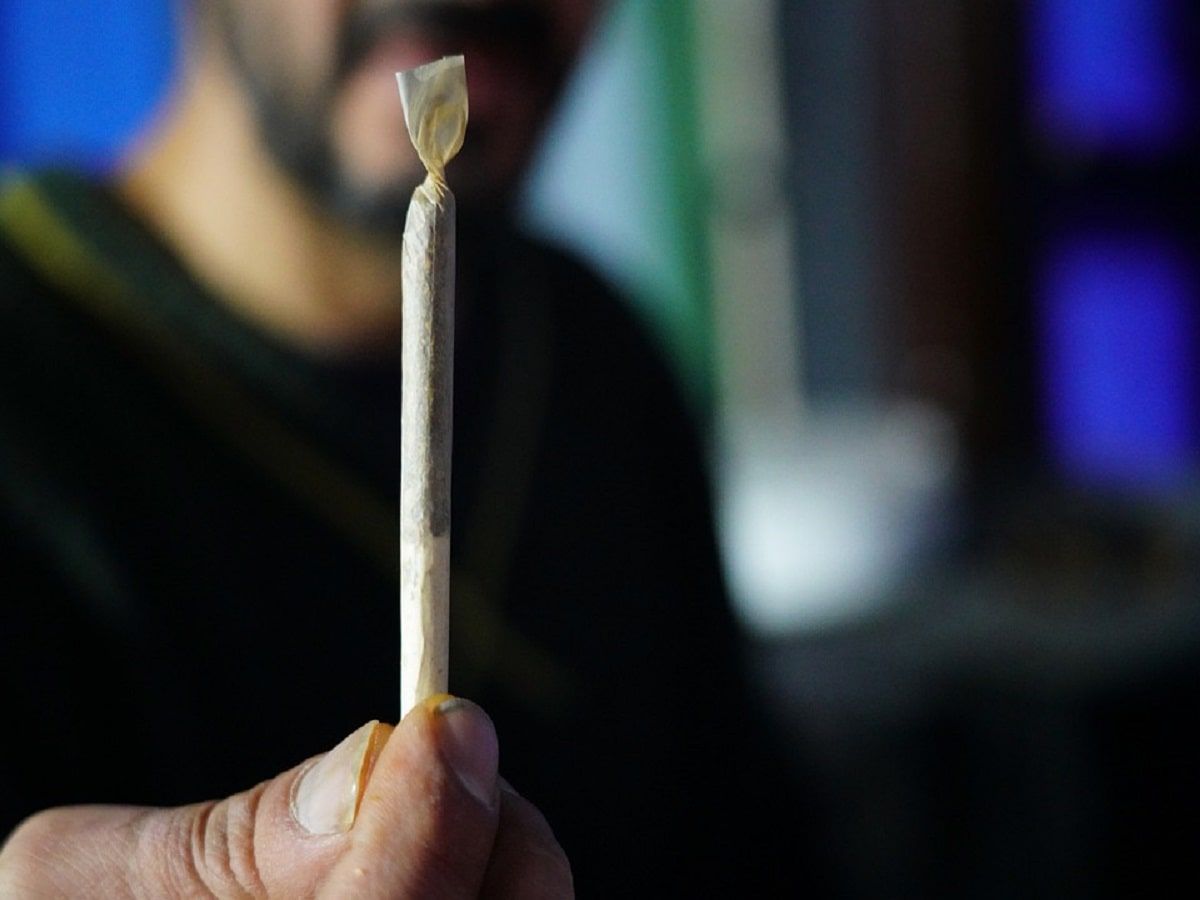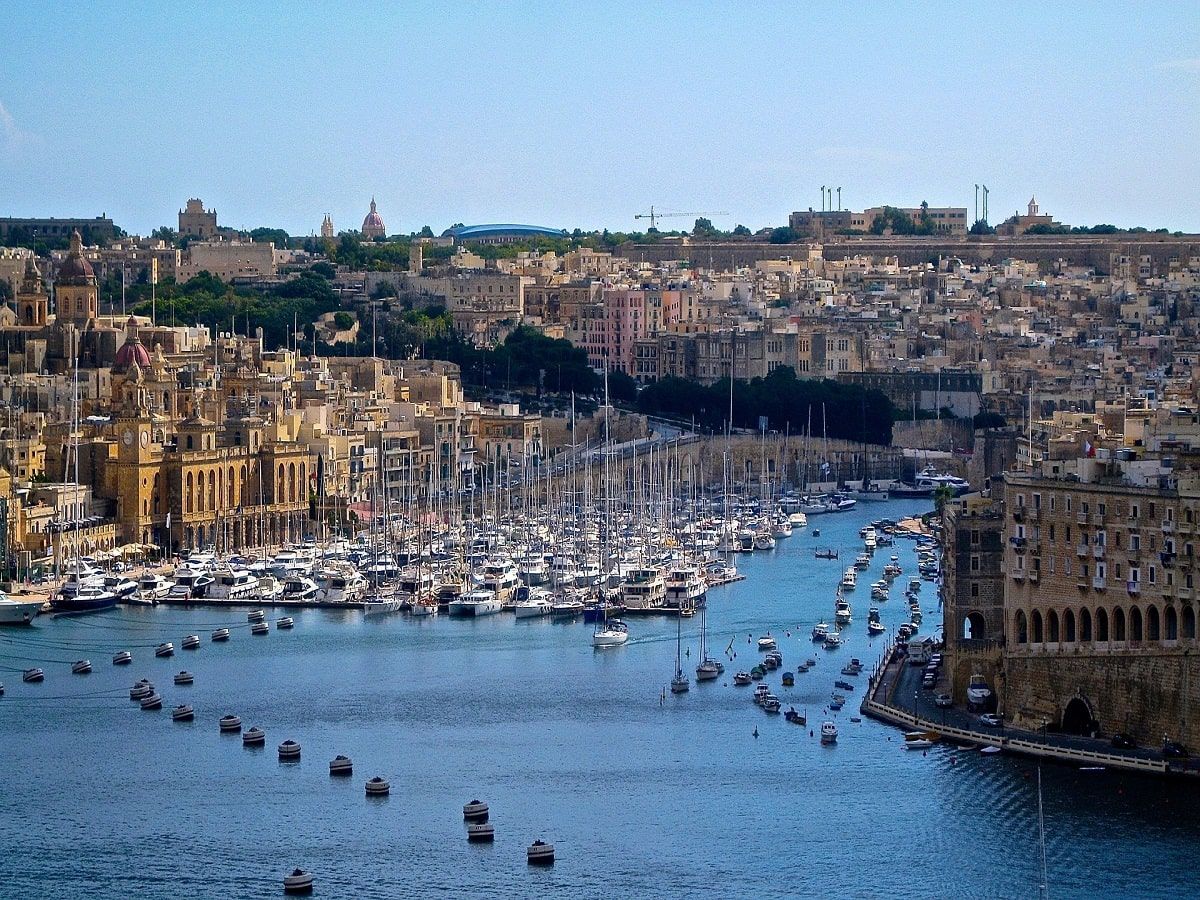March 2023 Is Set To Be A Historic Month For European Cannabis
The next 32 days on the European continent could prove to be one of the most historic stretches of time for cannabis public policy and the continent’s emerging legal cannabis industry. Starting tomorrow, Malta’s government will begin accepting applications for non-profit cannabis clubs.
It’s a major milestone not just for Malta, which is the only country in Europe to pass a national adult-use legalization measure, but it’s also a major milestone for the greater European industry being that Malta is the first nation in Europe to set up this kind of national adult-use licensing system. It will be very interesting to see how many applications Malta receives next month.
Malta is not the only nation set to experience a historic March 2023. As every global cannabis observer already knows, lawmakers in Germany have worked very hard to make good on their coalition agreement component relating to legalizing cannabis for adult use and implementing a regulated adult-use industry.
Germany’s Health Minister Karl Lauterbach made a formal presentation of a legalization plan back in October 2022 and has since lobbied the European Union for its permission to proceed with an official introduction of a legalization measure.
What some observers seem to have overlooked, or perhaps forgotten about, is that roughly a month ago Minister Lauterbach reportedly confirmed a timetable for a formal introduction of a legalization measure and indicated at the time that he had ‘no reason to doubt’ that a legalization measure would be introduced ‘in the first quarter of this year.’
With February drawing to a close that puts the German adult-use legalization bullseye squarely on the month of March. Whether or not Minister Lauterbach’s reported timeline proves to be accurate or not is something that time will have to determine, although, there have been no meaningful setbacks reported from what I can tell as of the posting of this article.
Additionally, cannabis enthusiasts, entrepreneurs, investors, policymakers, and industry service providers are set to flock to Barcelona, Spain in March as part of the world’s largest super-event collaboration. The International Cannabis Business Conference has once again partnered with Spannabis, Europe’s top cannabis expo, to form another super-event that is a must-attend for anyone that is serious about succeeding in the emerging cannabis industry.
The International Cannabis Business Conference will host Spain’s largest cannabis B2B event on March 9th at the L’Auditori de Cornellà, with the after-party being held at the Hotel Arts (Ritz-Carleton) Barcelona. Spannabis will follow on March 10-12th at Fira de Cornellà. The super-event is the first large cannabis conference collaboration of the year. Whenever thousands of cannabis supporters get together and network good things happen, and that will surely be the case in Barcelona next month.
Cannabis policy and industry in Europe are both at pivotal points, and being that a legal industry cannot come into existence without reform occurring first, the two are directly tied to each other. If Germany does witness the formal introduction of an adult-use legalization measure next month, it will likely set off a wave of similar political activity in other parts of Europe and that will be good news for the continent’s emerging industry.
The same goes for Malta’s cannabis club application rollout. If Malta can successfully gather, review, and approve non-profit cannabis club applications, it will have set up a bureaucratic blueprint for other nations to copy. It’s nuanced but very significant.
We will all have to wait and see what happens for cannabis in Europe in March while doing our best to temper our excitement and expectations.






